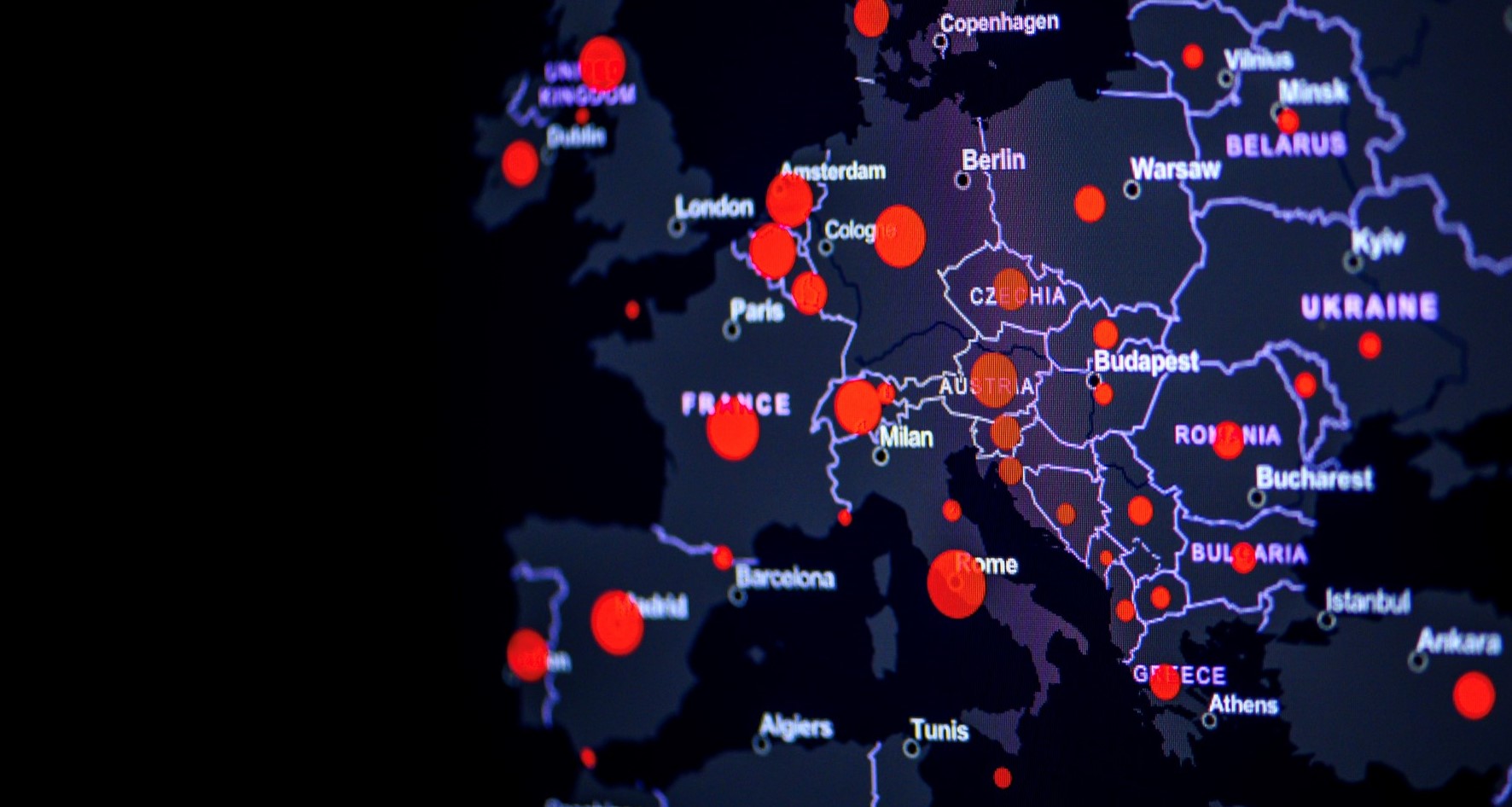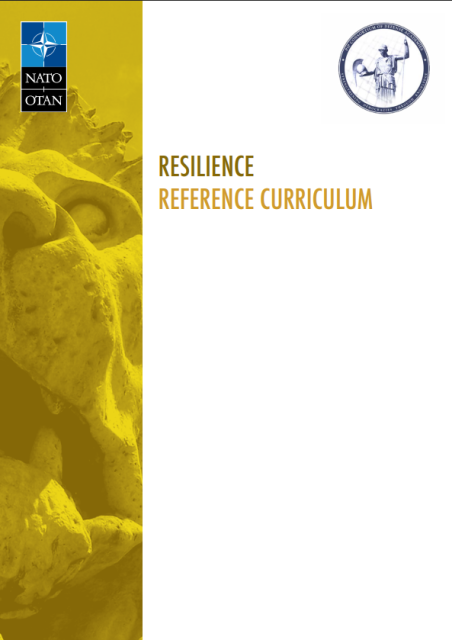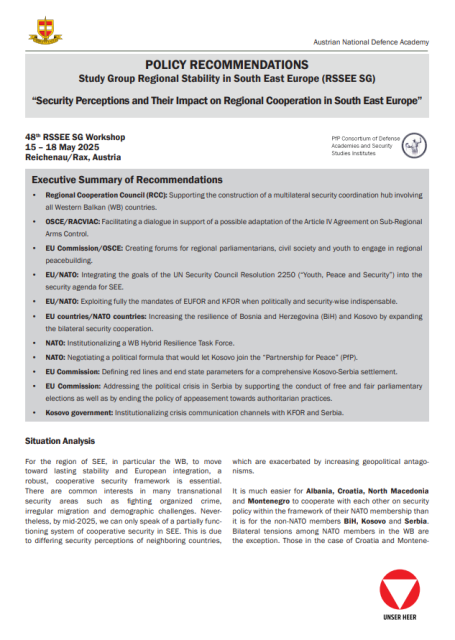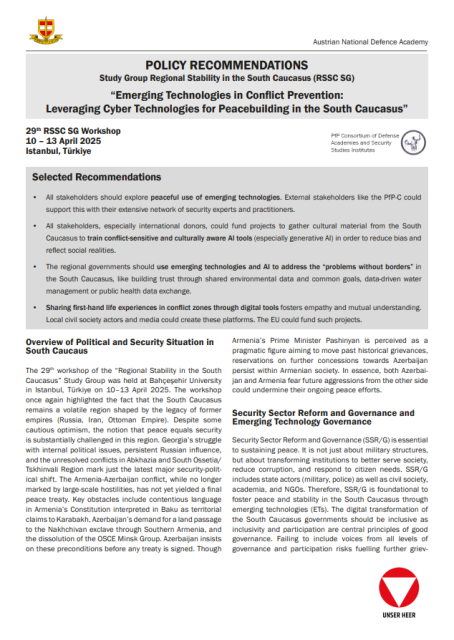
Split, Croatia - The Partnership for Peace Consortium's Regional Stability in Southeast Europe Study Group (RSSEE SG) recently wrapped up its 45th workshop in Split, Croatia, from Sep. 14-17, 2023. With over 35 experts and academics participating, the workshop delved into Croatia's Accession to the Eurozone and Schengen area and its potential repercussions on Southeast European nations. In collaboration with key institutions such as the Austrian National Defence Academy and the Directorate General for Defence Policy at the Austrian Ministry of Defence, the RSSEE SG explored Croatia's successful completion of EU integration and its transformative power in the region, particularly in the still-fragile Western Balkans.
Analyzing Croatia's EU Integration: Impact and Challenges
The RSSEE SG's workshop extensively analyzed the impact of Croatia's EU integration on the Southeast European region, assessing both advantages and challenges. The discussion delved into contemporary challenges facing the Schengen Area, the Eurozone, and the European Union, emphasizing areas that require improvement. Evaluating Croatia's regional policies aimed at fostering political and economic consolidation in Southeast Europe, the study group explored their potential to assist non-EU members in meeting membership criteria. Additionally, the workshop focused on the unique challenges faced by individual countries in the region, recognizing their distinct paths and experiences.
Keynote Address Highlights Croatia's European Journey
Ms. Andreja Metelko-Zgombic, State Secretary for Europe at the Ministry of Foreign and European Affairs of the Republic of Croatia, delivered a keynote address at the workshop. She emphasized Croatia's journey toward European integration marked by national consensus, resulting in its membership in NATO, the EU, Schengen, and the Eurozone, standing alongside 15 other countries. Metelko-Zgombic affirmed, "There is no doubt that the European path is the right path [for Croatia]." With Croatia now a member of multiple transatlantic structures, the workshop acknowledged the complexity of the European integration process. The forthcoming insights from Croatia's experience, to be published by the RSSEE SG in the coming weeks, aim to provide valuable perspectives for policymakers and stakeholders, shedding light on the nature of European integration and its potential impacts on the geopolitical landscape.
You can learn more about the Regional Stability in Southeast Europe Study Group here.






